harsh Hospital Provides services can include routine check-ups, family planning, prenatal care, menopause care, and treatment of reproductive disorders.
Gynecologists are medical professionals who specialize in providing gynecology services. They are trained to diagnose and treat a wide range of reproductive and sexual health issues, including pelvic pain, menstrual irregularities, sexually transmitted infections, and fertility issues.
Some common gynecology services include:
Treatment of reproductive disorders: Gynecologists can diagnose and treat a range of reproductive disorders, including endometriosis, uterine fibroids, and ovarian cysts.
Overall, gynecology services are an essential component of women’s health care. By providing preventive care, diagnosing and treating reproductive health issues, and supporting women through pregnancy and menopause, gynecologists play a critical role in helping women stay healthy and thrive throughout their lives.


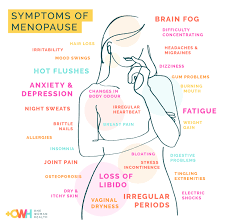
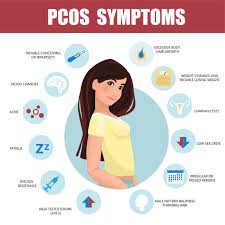
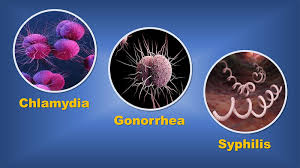



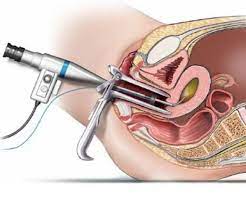
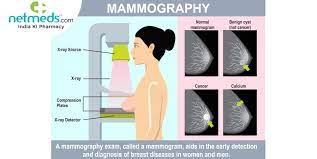
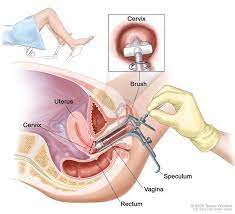
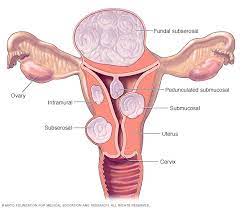


A Pap smear, also known as a Pap test, is a screening procedure used to detect abnormal cells in the cervix, which is the lower part of the uterus (womb) that connects to the vagina. The purpose of a Pap smear is to identify early signs of cervical cancer or changes that may lead to cancer. This test can be a crucial tool in preventing cervical cancer and ensuring women’s reproductive health.
Choosing the right contraception method is a highly personal decision that depends on individual preferences, lifestyle, and health considerations. There are several birth control methods available, each with its own effectiveness, advantages, and disadvantages.


Endometriosis is a chronic medical condition that affects people with uteruses, where tissue similar to the lining of the uterus (endometrium) grows outside the uterus. This condition can cause a range of symptoms and, in some cases, lead to fertility issues.
Gynecological endoscopy, also known as minimally invasive gynecological surgery or minimally invasive surgery, is a medical technique that allows healthcare providers to visualize and perform various surgical procedures within the female reproductive system using small incisions and specialized instruments. This approach is used to diagnose and treat various gynecological conditions with less pain, smaller scars, and faster recovery times compared to traditional open surgery.


Maintaining a healthy lifestyle is crucial for women’s overall well-being. Here are some tips on diet, exercise, and stress management specifically tailored to women
Mammography is a medical imaging technique specifically designed to examine the breast tissue. It is an essential tool for the early detection of breast cancer and is widely used as a screening method for women, particularly those who are at an increased risk of developing breast cancer.


Menopause is a natural biological process that marks the end of a woman’s reproductive years. It typically occurs in the late 40s or early 50s, although the timing can vary. Menopause is characterized by the cessation of menstruation and a decline in hormone production. Here’s an overview of the stages of menopause, common symptoms, and management options
Menstruation is a natural part of the reproductive cycle that most people with female reproductive systems experience. It involves the shedding of the uterine lining, and it typically occurs monthly from puberty until menopause, which usually happens around the age of 45-55. Here is some information on the menstrual cycle, common menstrual problems, and tips for managing them


Polycystic ovary syndrome (PCOS) is a common hormonal disorder that affects people with ovaries, particularly during their reproductive years. PCOS can lead to a variety of symptoms and health concerns. Here is an overview of PCOS, its symptoms, causes, diagnosis, and management
Pregnancy is a unique and transformative journey that typically lasts about 40 weeks, divided into three trimesters. During this time, a fertilized egg develops into a fully-formed baby. Here’s an overview of pregnancy stages, prenatal care, nutrition, and common concerns

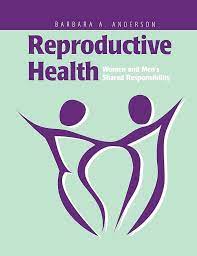
Reproductive health is a crucial aspect of overall well-being, and it encompasses a wide range of topics, including fertility, infertility, and assisted reproduction. Here’s an overview of these topics and available options
Sexual health is an integral part of overall well-being and involves physical, emotional, and social aspects of human sexuality. Here’s some guidance on sexual education, sexual dysfunction, and maintaining a healthy sex life

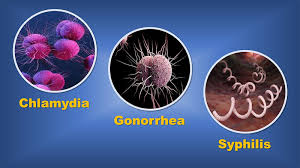
Sexually transmitted infections (STIs), also known as sexually transmitted diseases (STDs), are infections that can be transmitted through sexual contact. They can affect people of all genders and sexual orientations. Here’s important information on STIs, including prevention and treatment
Uterine fibroids, also known as leiomyomas or myomas, are noncancerous growths of the uterus that often appear during childbearing years. These growths can vary in size and number and may cause a range of symptoms or go unnoticed entirely. Here is some essential information about uterine fibroids.


Women’s wellness encompasses physical, mental, and emotional health. Here are some general health tips for women to help maintain overall well-being:
WhatsApp us